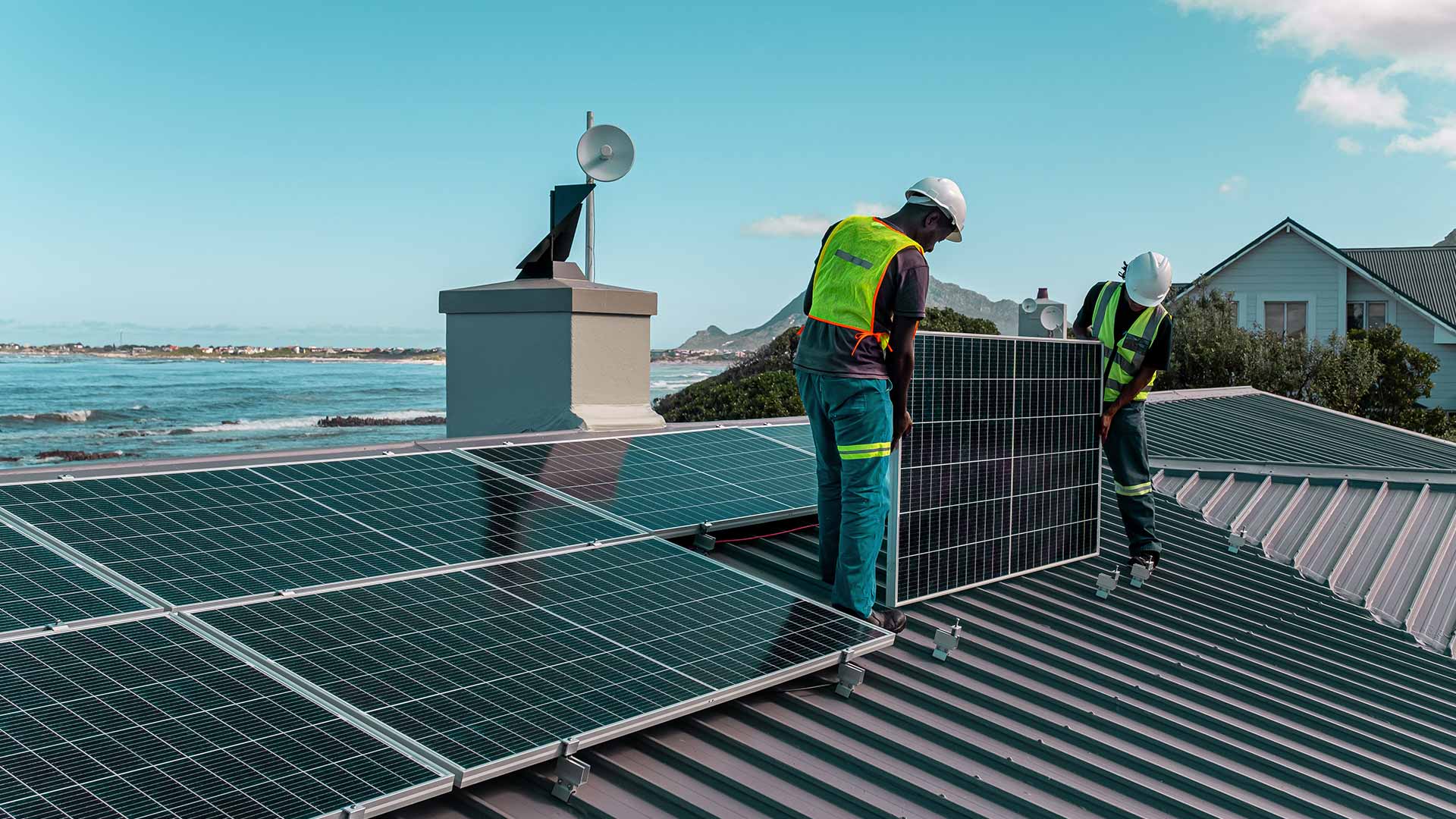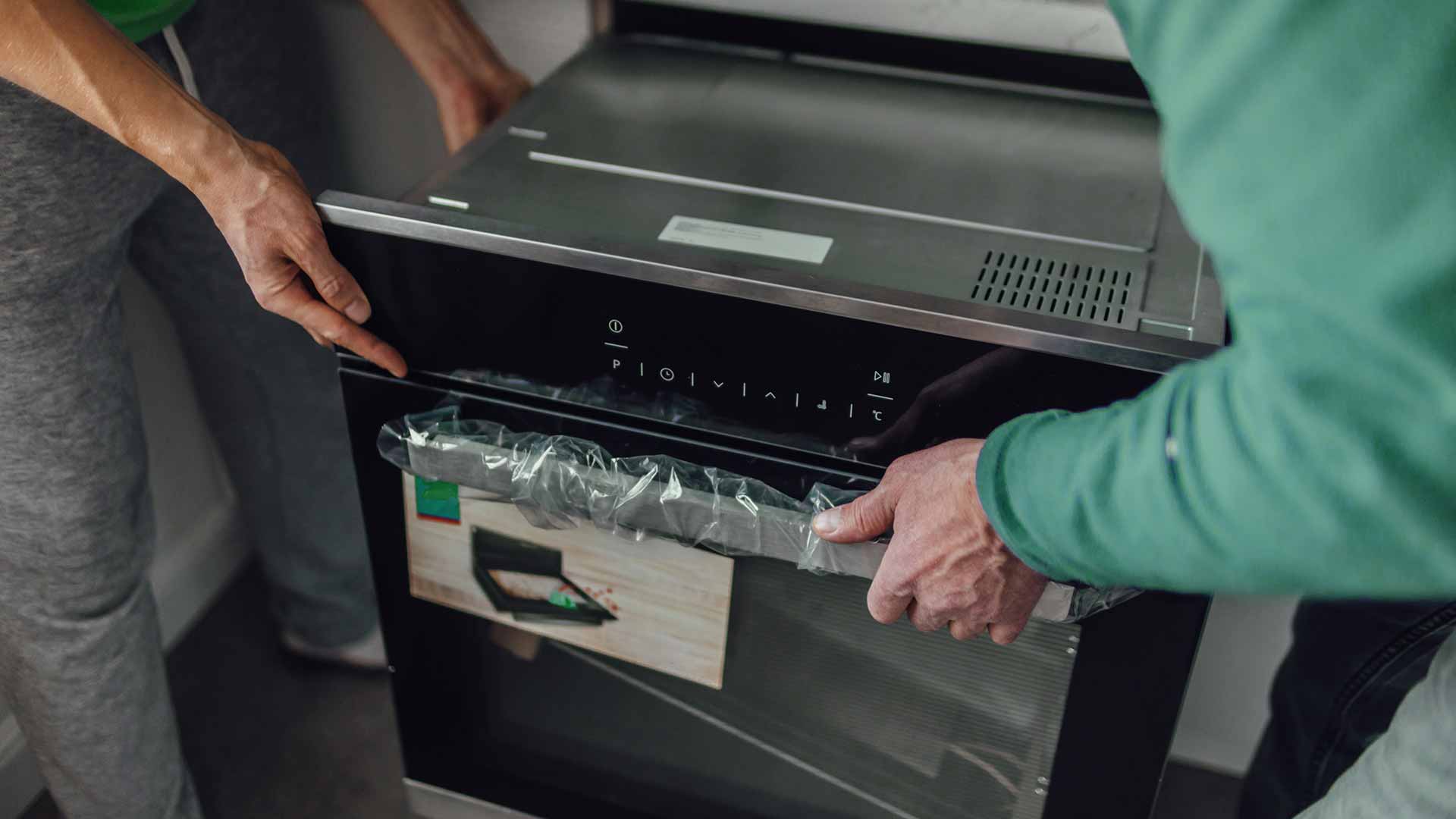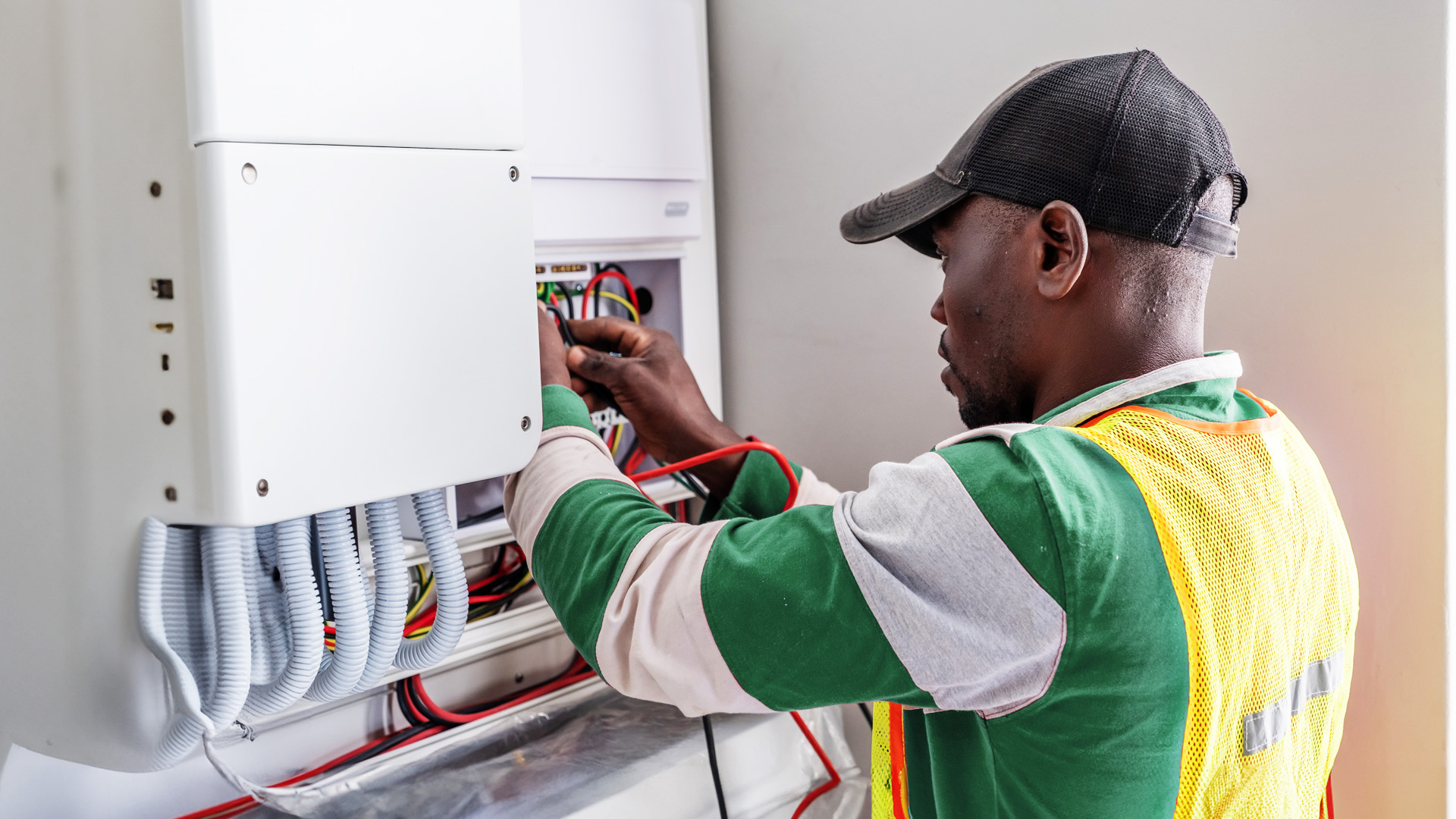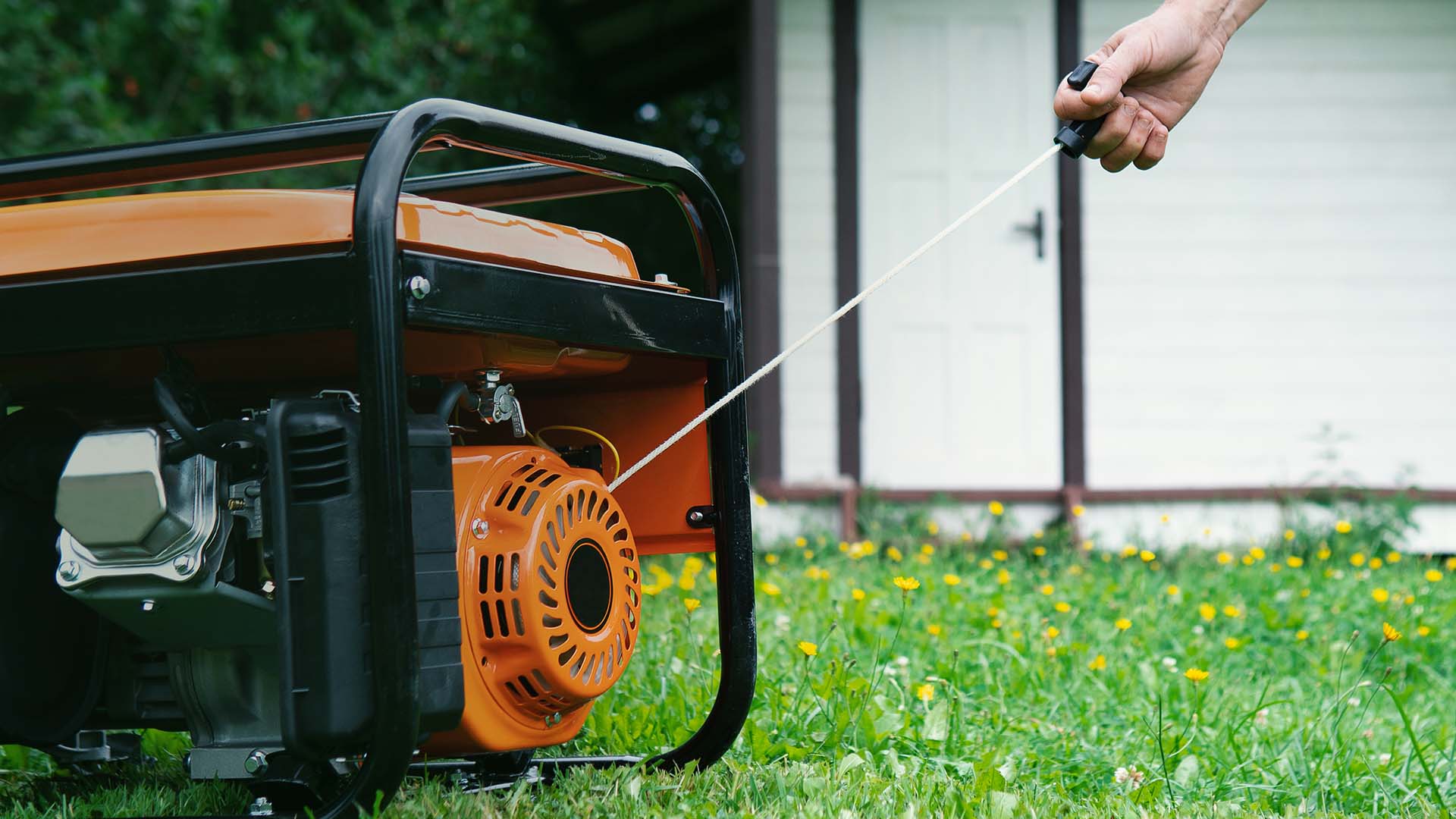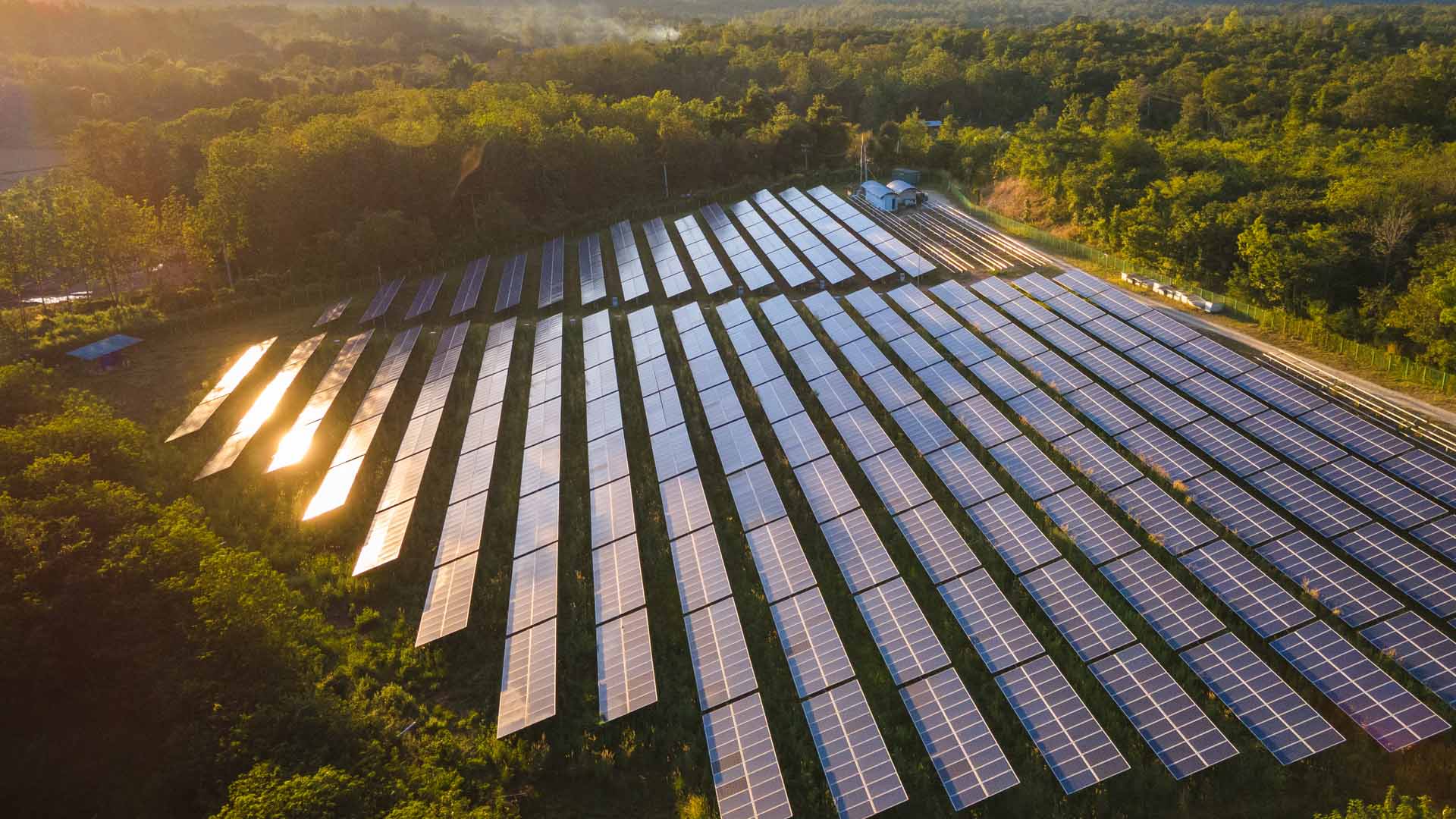Deciding whether to buy a freehold home, or a flat or townhouse instead, depends on a number of factors ranging from financial considerations to your lifestyle and personal preference. The choice between a freestanding home or an apartment in a sectional title development will crop up whenever you look for property, whether you’re a first-time buyer, moving up the property ladder, or buying as an investment to rent out.
Weighing up which is right for you involves some informed decision-making. Here’s what you need to know about each option:
Sectional title developments
Sectional title developments include blocks of flats and townhouse clusters in which all the units are built to the same plan. Sectional title property laws enable you to buy a section within the development. This means that you own everything within your unit, but all the common property, including shared outside spaces, is owned collectively by the body corporate, made up of all the owners in the block or complex. If you own a sectional title property, you’ll pay a levy to the shared finances of the body corporate. This enables the body corporate trustees to pay for the maintenance of the common property and any improvements that have been authorised at body corporate meetings.
Benefits of buying a sectional title property
- They are often more affordable than freehold houses, making it easier for you to take your first step on the property ladder.
- They generally need less maintenance input, since you are personally responsible only for the interior upkeep of the unit you own. Cleaning and maintenance in the common areas, security, building insurance, repairs in the shared areas and other communal costs are covered by the levy and handled by the managing agents on behalf of the body corporate. This makes sectional title apartments ideal lock-up-and-go properties.
- They are often designed to appeal to younger buyers entering the real estate market for the first time, so an apartment complex can develop a distinctly communal feel.
- Sectional title properties can also have communal facilities like pools, braai areas and in-house gyms, which you can use but don’t have to maintain personally. These are a further incentive if you like to entertain and work out, but you’re juggling a busy lifestyle.
Freehold property
Freehold property is any estate ‘free from hold’ of any entity besides the owner. If you purchase a freehold property, it belongs to you entirely and will be registered as such with the Deeds Office, defined by an erf number and a street address. It will also be registered with its full physical extent, boundaries, and zoning rights, should you be thinking of renting out or rezoning the property for business rights in the future.
Your situation will determine how important factors like being close to work, schools, shops and other service providers will be
Benefits of buying freehold
- You have the right to renovate, extend or restyle your property as you wish – subject to existing bylaws and building regulations.
- You’ll usually have more space and privacy on a freehold property, with your neighbour's house further away than in a townhouse or block of flats.
- You’ll have more freedom in matters like exterior decorating, or choosing whatever pets you like, subject to the bylaws regarding noise, nuisance, or dangerous animals. You’ll also get to decide what maintenance and security you need on the property, and budget for these services according to your own priorities.
- You can deal directly with the municipality regarding any service issues, instead of relying on the body corporate.
Things to remember
Whether you’re buying a freehold or sectional title property, you must pay attention to the following:
Deposit
Most banks may ask you to put down a deposit to help get your home loan approved. Often this is a minimum of 10% of the purchase price. A deposit will reduce your monthly repayments, making it easier for you to qualify for the home loan.
Affordability
Most banks also have affordability calculators or offer preapproval that work out an estimate of the home loan you could qualify for, based on your income and expenses.
Credit record
If you don’t have a credit history, consider applying for a credit card, store card, or a vehicle loan, and be sure to make the monthly payment on time every month. This will help build your credit score and increase your eligibility for a home loan.
House vs flat or apartment: 3 deciding factors
1. Cost
What you can afford is a critical factor. Be sure to budget for your home and your living expenses – monthly home loan payments are not the only costs of ownership.
2. Lifestyle
If you see yourself entertaining or accommodating friends and family often, a house would probably be the better option, to avoid conflict with neighbours. If you want less responsibility for security and maintenance, an apartment might suit you better. Your lifestyle depends to some extent on your budget, but it also reflects what’s most important to you. Whether you’d pay more to live in a fashionable area, for example, or to have a garden, are matters of personal preference.
3. Neighbourhood
The right neighbourhood is also related to your personal circumstances – for instance, whether you’re single, a couple or a family. Your situation will determine how important factors like being close to work, schools, shops and other service providers will be, and those needs could be what narrows down your choice between a freehold and a sectional title property.
Nedbank has all the advice, support and financing you'll need to buy a home, whether you’re a first-time buyer or a property investor.
This article is for general information only and does not constitute financial advice under the FAIS Act. Nedbank accepts no liability for any loss arising from reliance on this content. Please consult a qualified advisor before making financial decisions.



